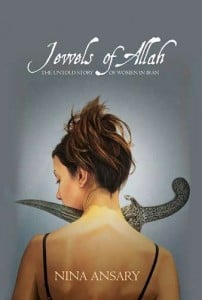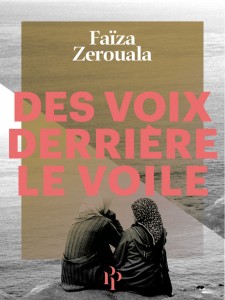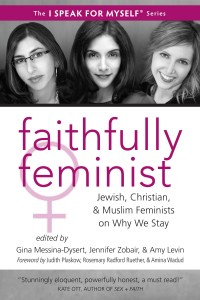 Recently, I was in a bookshop with my daughter. We were in the children’s section, enjoying the vast array of colorful books. Lift-the-flap books, tactile books, storybooks, craft books, there is a great selection available. However, this diversity only goes so far. While books now will make a small effort to have characters that aren’t white, this tends to be one black or generically Asian child. Definitely no Muslims, not one. Sadly, it would appear Muslims are considered too “controversial” to be featured in children’s literature. And the Arab community in the U.K. is fairly small, meaning that of all the characters my daughter meets in literature, she’s not likely to meet anyone like her.
Recently, I was in a bookshop with my daughter. We were in the children’s section, enjoying the vast array of colorful books. Lift-the-flap books, tactile books, storybooks, craft books, there is a great selection available. However, this diversity only goes so far. While books now will make a small effort to have characters that aren’t white, this tends to be one black or generically Asian child. Definitely no Muslims, not one. Sadly, it would appear Muslims are considered too “controversial” to be featured in children’s literature. And the Arab community in the U.K. is fairly small, meaning that of all the characters my daughter meets in literature, she’s not likely to meet anyone like her.
I’ve looked for children’s books in Islamic shops and while it’s good that color is making an appearance there too, the books they stock, understandably, tend to be focused on imparting religious knowledge, rather then telling a story in itself.
So when I heard that the winner of the 2011 Charlotte Zolotow award for Outstanding Writing in a Picture Book was Rukhsana Khan, a Canadian Muslim woman, I was pleased and intrigued in equal measure.
Khan has written eleven books for a variety of ages. Some of the books deal with the immigrant experience, something Khan is very familiar with, having moved to Canada from Pakistan when she was 3 and suffering racist bullying throughout her childhood. Other settings include Pakistan and also Afghanistan, where she sponsors some children and has also established a libraries-in-orphanages project. The children she has met during this have inspired two of her books, Wanting Mor and The Roses in My Carpet. The latter book, won the Janusz Korczak Award and here you can watch Khan both explain the award and read the book aloud (Trigger Warning: for those who aren’t familiar with the life of Janusz Korczak, it is very a distressing story).
In The Roses in My Carpet, while it is clear that the characters are Muslim, it’s not the main point of the story. This is not unintentional, with Khan stating that she sees Islam as wallpaper rather then a major plot point, with universal themes taking the central role. She describes this as an organic decision, saying that while the adage “write what you know,” means her cultural heritage is often reflected in her work, she feels that ultimately people share more similarities than differences, hence the wide appeal of her work. Certainly, The Roses in My Carpet, while featuring a child with a life very removed from its readers, uses the child’s perspective very effectively, with Kareem’s thoughts being the framework for the story.
However, Khan’s position in the mainstream came after frustrating experiences trying to get a Muslim publisher to print her work. She also makes the point that by using a non-Muslim publisher and competing with the wider market, her and other authors are showing that they are good enough to compete with the “best of the best.” This is a valid point, though it is sad to hear of Muslim businesses being so disorganized.
While, I have not been able to look at many of Khan’s works, from what I have seen, in presentation and quality, they do fit into the mainstream. Hopefully, Khan success will inspire other Muslims and children’s books with some Muslim characters will be commonplace, not controversial.











